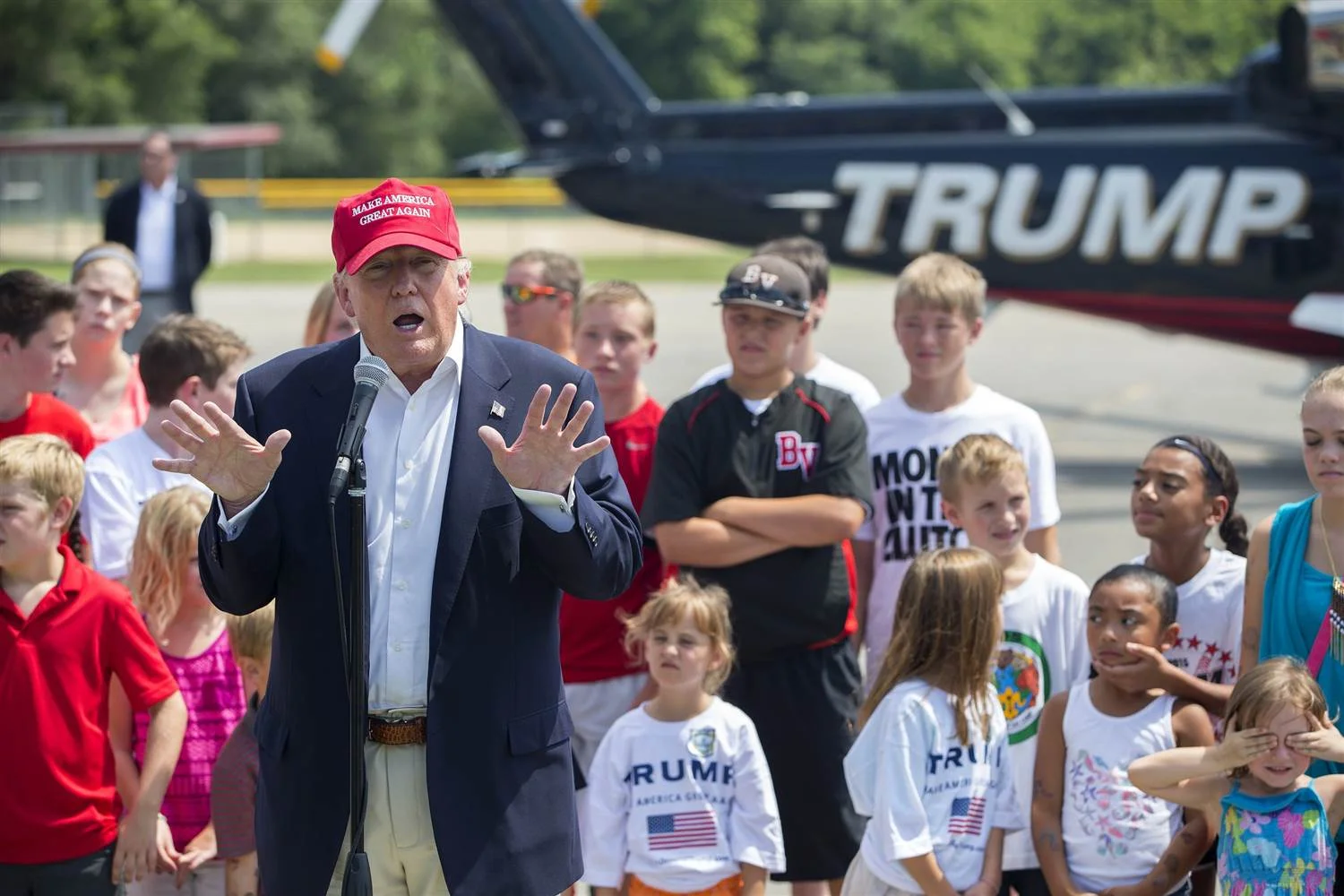Early Takes on Trump: Iowa By Andrew Green
Donald Trump’s overall approval rating in Iowa compares to national averages, but is historically low for an early term president in Iowa.
After finishing second to Ted Cruz (27.6 percent to 24.3 percent) in the Iowa Caucuses, Trump went on to win a resounding victory in Iowa on Election Day. Trump won Iowa’s six Electoral College votes by virtue of winning the popular vote 51.2 percent to 41.7 percent.
Trump won 93 of Iowa’s 99 counties, including four counties by 60 percent or more. The typical Trump county was rural, white, lower income, and less educated. Most importantly, Trump flipped 31 counties that were won by Obama in 2012.
In these 31 counties, the vote shift was not minimal either. The average difference between the margin of Obama victory in 2012 and the margin of Trump victory in 2016 was nearly 26.6 percent with eight of the counties having differentials of 30 percent or more.
In mid-February, the Des Moines Register released its Des Moines Register/Mediacom Iowa Poll which asked several questions about the Trump administration. The poll found that Trump’s approval-disapproval rating is upside down in Iowa as well as nationally: 42 percent of Iowans surveyed approve of President Trump’s performance while 49 percent disapprove of his performance.
To place his rating in context, Jason Noble of the Register notes that Trump’s approval rating in the Iowa Poll is historically low. Since adding the approval rating question to the Poll in February 1964, “no president in the early weeks of his first term has ever before seen more Iowans disapproving than approving.”
Republicans Ronald Reagan and George W. Bush both logged an early approval rating of 54 percent in 1981 and 2001 respectively. Democrats Bill Clinton and Barack Obama had approval ratings of 73 percent and 68 percent in 1993 and 2009 respectively. Noble also notes that support for Trump varies by demographic and political group, and by region of the state, with his highest approval ratings coming from his core electoral coalition.
Trump’s approval rating moving forward will more than likely be shaped by his ability to move his signature legislative agenda items through Congress and the resulting impact of these policies on his core electoral coalition. On health care, Iowans are generally supportive of the Affordable Care Act with the exception of the individual mandate. Failure of the American Health Care Act, which according to the Iowa Hospital Association could have left “up to 250,000 Iowans without health insurance,” might actually prove beneficial (or at least not detrimental) for Trump’s approval rating.
The adoption of Trump’s position on trade could also hurt his Iowa approval rating as Mexico and China are the state’s top export markets for corn and soybeans respectively. Diminishing opportunities to export key agricultural products could certainly shape how rural Iowa farmers view the president.
President Trump’s budget proposal could have significant impacts on rural and low income Iowans as it includes cuts to agriculture programs, energy assistance programs for those with low incomes, and redevelopment programs.
Overall, the adoption of policies which hurt, not help, the economic outlook of Trump’s core constituency could lead some Trump supporters to reassess their support for the president. The result would probably lead to further decline in his approval rating here in Iowa.
Andrew Green (@Andrew_D_Green) is Chair and Professor of Political Science at Central College in Pella, IA.





